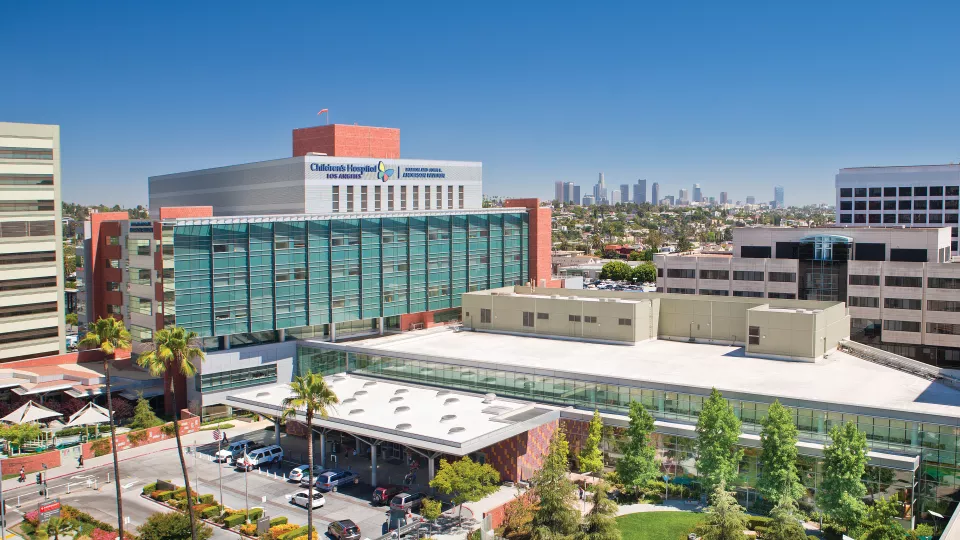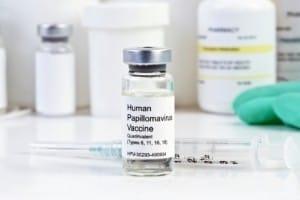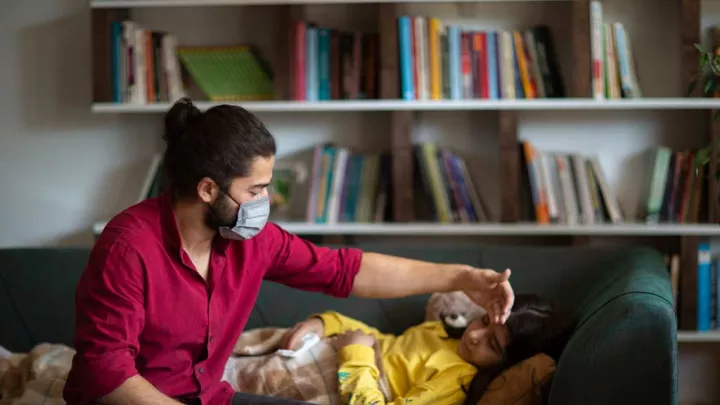
What is HPV and Does Your Child Need to Receive the Vaccine Now?
Around 11 years of age, your child’s primary health care provider will recommend getting the HPV series. But what is HPV and why should your child receive this vaccine against this virus?

HPV stands for human papilloma virus. It is a common virus that is spread through sexual contact and can affect both men and women. HPV is so common that nearly all sexually active men and women get it at some point in their lives. It can be spread by having vaginal, oral or anal sex. It can spread even when the person has no symptoms.
There are over 40 different types of HPV. Some types cause no symptoms, some types cause genital warts and some types can cause cancer later on in a person’s lifetime. The cancers that are caused by HPV are cervical cancer, vaginal cancer, anal cancer, penile cancer and cancers of the mouth, tongue or throat. It can take decades for a person infected with HPV to develop cancer. Because of this, a vaccine is recommended during childhood to prevent being infected with this virus as an adult.
The vaccine called Gardasil, or the newer version, Gardasil 9, is given to both boys and girls starting at around 11 years old. It is a series of three shots given at specified intervals over a period of six months. The latest vaccine has been broadened to cover additional strains of HPV that were uncovered in previous formulations of guardasil. Guardasil 9 has the potential to prevent approximately 90 percent of cervical, vulvar, vaginal and anal cancers.. Ideally, the vaccine should be given to an individual before they engage in any sexually activity, so if your child is older than age 11 and hasn’t had this vaccine series yet, talk with your child’sprimary care provider.
This vaccine has been proven safe after being evaluated by the U.S. Food and Drug Administration for safety and efficacy. If you have questions or concerns, I encourage you to discuss them with your child’s primary care provider.


